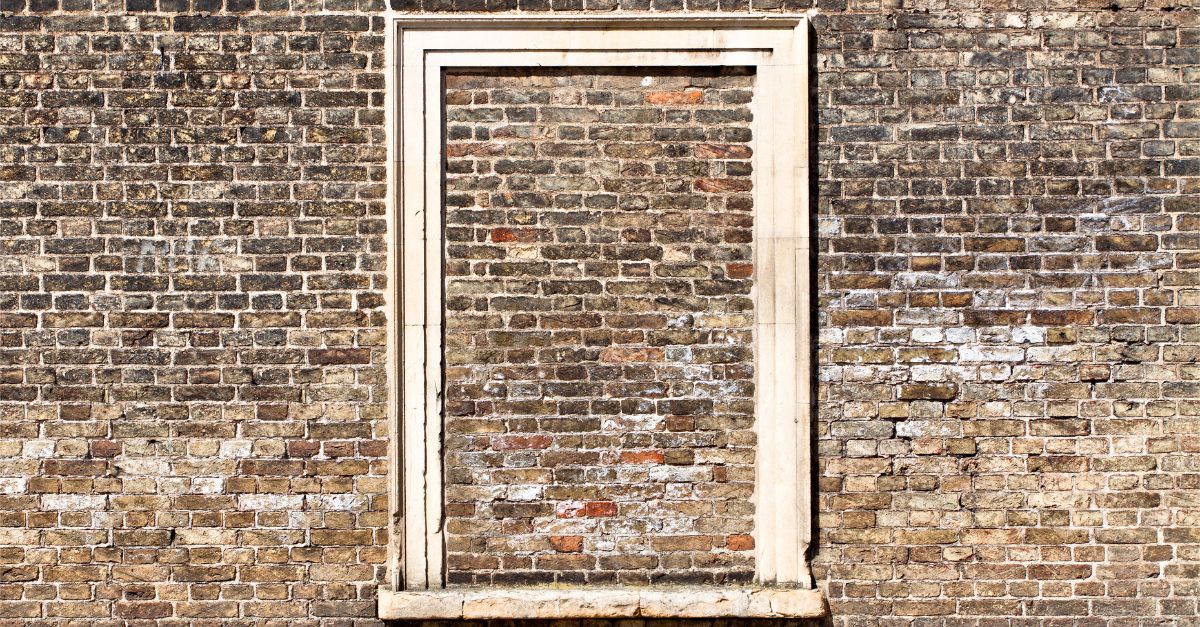"Nothing is certain except death and taxes"
- Benjamin Franklin, 1789
It's clear that no one has ever liked paying taxes, but not all taxes are created equal. Some policies are decidedly more bizarre than others... Let's take a look.
1. Cooking oil tax
One of the earliest recorded taxes appears in ancient Egypt, where people had to pay a tax on cooking oils. Officials recorded the amount used in households, and payments were made in the form of grain, livestock and oils. To add insult to injury people had to buy oil from the Pharaoh's monopoly, and were prevented from reusing any oil.
2. Urine tax
A urine tax was introduced by Emperor Nero. It was removed for a while, but then re-enacted around 70 AD. This idea isn't as ridiculous as it seems because urine played an important role in daily life. Romans used urine in many processes, from wool production, to whitening laundry and teeth.
3. Salt tax
The French gabelle became a salt tax in the 14th century. It affected poorer people and small farmers the most, so was very unpopular. This tax was a contributing factor to the French Revolution, featuring as one of the grievances listed in the Estates-General of 1789.
4. Beard taxes
In the early 1500s a tax was levied on French priests' beards, to help fund wars with the Holy Roman Empire. This led to a divide between wealthy court priests and poorer village priests.
In 1698 Emperor Peter I of Russia created a beard tax, to discourage facial hair which he saw as old-fashioned. Any bearded citizens had to pay for and carry a beard token. Police would forcibly and publicly shave those who refused to pay.
Taking the opposite approach, in 1936, the Kingdom of Yemen introduced a "no-beard tax". Clean-shaven men had to pay in lieu of growing a beard. In other Islamic nations tradition and sharia law require the growing of beards.
5. British stealth wealth taxes
Window (glass) tax was introduced in 1696 as a way to tax people relative to their wealth and avoid a much-opposed income tax. Many historical buildings feature bricked-up windows - a common approach taken to reduce the tax burden.
In the 1700's, the government decided to tax bricks. Resourceful builders simply used larger bricks and paid less tax. Until the government caught up and placed a higher tax on bigger bricks.
In 1712 a tax was introduced on printed wallpaper. Ignoring this tax was punishable by death, so householders avoided it by hanging plain wallpaper and painting patterns onto that.
6. Taxing colonists
The Stamp Act of 1765 taxed Britain's American colonists on many items, including dice, playing cards and newspapers. This Act was formally condemned, and widespread violent protests took place. It was repealed the following year.
7. Quirky US taxes
Squirrels tax was not a tax on squirrels, but one paid with squirrels - to stop Ohio being overrun by grey squirrels. The 1807 law required citizens to turn in a quota of scalps along with their tax payments.
In 1820, Missouri charged an annual bachelor tax to single men aged 21 to 50, to encourage them to marry.
A whole bagel is subject to sales tax in New York. But if it is altered - sliced, toasted, served filled or eaten in store - it is subject to additional tax. Creating the sliced bagel tax.
The IRS's 1040 income tax return form indicates that people should list any stolen property gained during the previous year. To avoid self-incrimination citizens can report stolen property as "other income".
8. War taxes
To help fund World War I in 1917 the Australian commonwealth government introduced three new taxes: an entertainment tax; a wartime profits tax; and a less obvious bachelor tax (to encourage marriage). This raised a lot of protest, especially from Catholic priests, and was never put into operation.
9. Pro-cigarette tax
In 2009, the central-Chinese Hubei province set quotas for cigarette pack sales. China was facing an economic crisis, and the majority of local tax revenue came from cigarette sales. "One village was ordered to purchase 400 cartons of cigarettes a year for its officials" reported The Telegraph.
10. Names taxes
The Swedish Tax Agency administers the country's baby name regulations, which require parents to have a name approved before a child reaches five. Penalties are issued for non-compliance. The agency has passed names like Metallica and Lego, but vetoed names including Ikea and Allah.

You need to sign in or register before you can add a contribution.